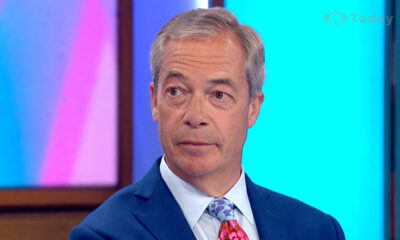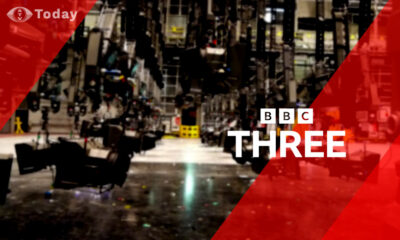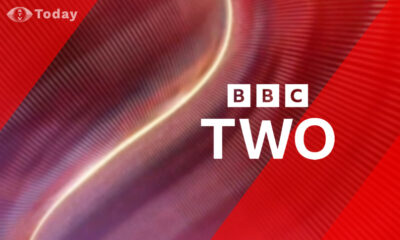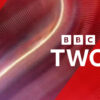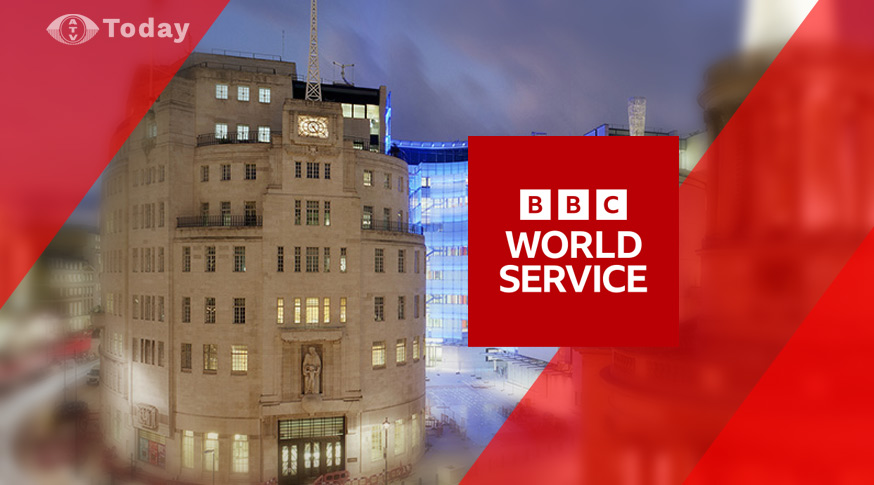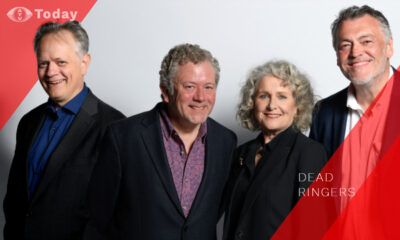The training programme has welcomed its first trainees in Kenya…
The BBC World Service has selected the first trainees for the Future Voices scheme which will see three young people with disabilities from Kenya, take part in a four-month paid training programme at BBC’s East Africa Bureau.
Joanne Episcopo, News Editor & Future Voices Lead:
“We launched the Future Voices scheme over a decade ago to enhance diversity within the BBC World Service Unit by offering opportunities to young people from underserved audiences. Now, for the first time, we are excited to deliver the scheme internationally in Nairobi, offering places to three talented disabled aspiring journalists from across the country.
“This milestone reflects the collaboration and dedication of our BBC World Service teams in London and Nairobi and marks a new chapter in our commitment to inclusive journalism. As the world’s most trusted international news broadcaster, it is important that we continue to diversify our newsrooms and invest in the next generation of journalists.”
Over four months, the trainees will work alongside the BBC News teams in Kenya across television, radio, podcast and online platforms. They will receive training, mentorship, and the opportunity to produce Beeb content. The scheme will provide the trainees with a unique opportunity to gain hands-on experience in journalism to help kickstart their careers.
Juliet Njeri, Senior News Editor, BBC News Africa:
“We are proud to bring the Future Voices scheme to Kenya for the first time, reinforcing our commitment to nurturing diverse journalistic talent. This scheme creates opportunities for aspiring journalists with disabilities, providing the support and resources needed to thrive, and developing newsrooms that are inclusive to all journalists. By providing practical experience and mentorship, we hope to equip trainees with the skills and confidence to build successful careers in journalism.”
The Future Voices scheme underscores the BBC’s commitment to supporting journalistic talent globally, ensuring people with disabilities can flourish in the workplace by removing barriers and providing tailored adjustments. Trainees will receive workplace adjustments through the BBC’s dedicated Access and Disability Service, which provides assessments and support throughout employment.
Future Voices has been running in London for nearly a decade – this marks the scheme’s first international expansion.
Damaris Wangari Kamande, Future Voices trainee:
“As a 24-year-old deaf model, filmmaker, scriptwriter, artist and theatre practitioner based in Nairobi, I have always sought creative avenues to bridge the gap between the hearing and deaf communities. The challenges I have faced as a deaf individual navigating a predominantly hearing world, have fuelled my determination to create meaningful change. I believe the Future Voices programme offers an unparalleled opportunity to hone my skills within the framework of journalistic integrity.”
Christine Sein, Future Voices trainee:
“As a passionate and aspiring journalist, I was excited to join this training period with BBC Future Voices. This opportunity presents a vital role in my career where I am hoping to enhance my skills, learn from industry leaders and contribute to impactful storytelling. I have always had a desire of becoming a good story teller and I am happy that BBC Future Voices gives persons with disabilities a chance to showcase their talents in the media industry where they are underrepresented.”
Brian Muchiri, Future Voices trainee:
“Having this opportunity is life changing for me and for all the people with disabilities with journalistic aspirations and dreams. I am privileged to be in the first group of Future Voices in Kenya. The future is certainly bright.”


